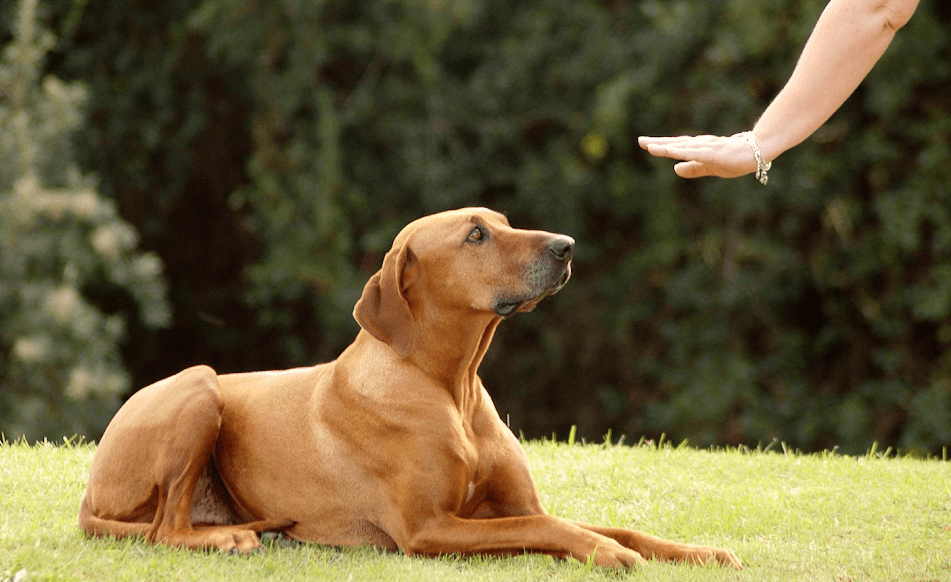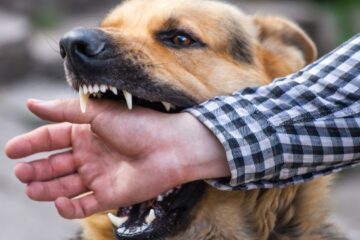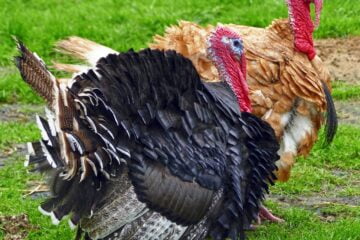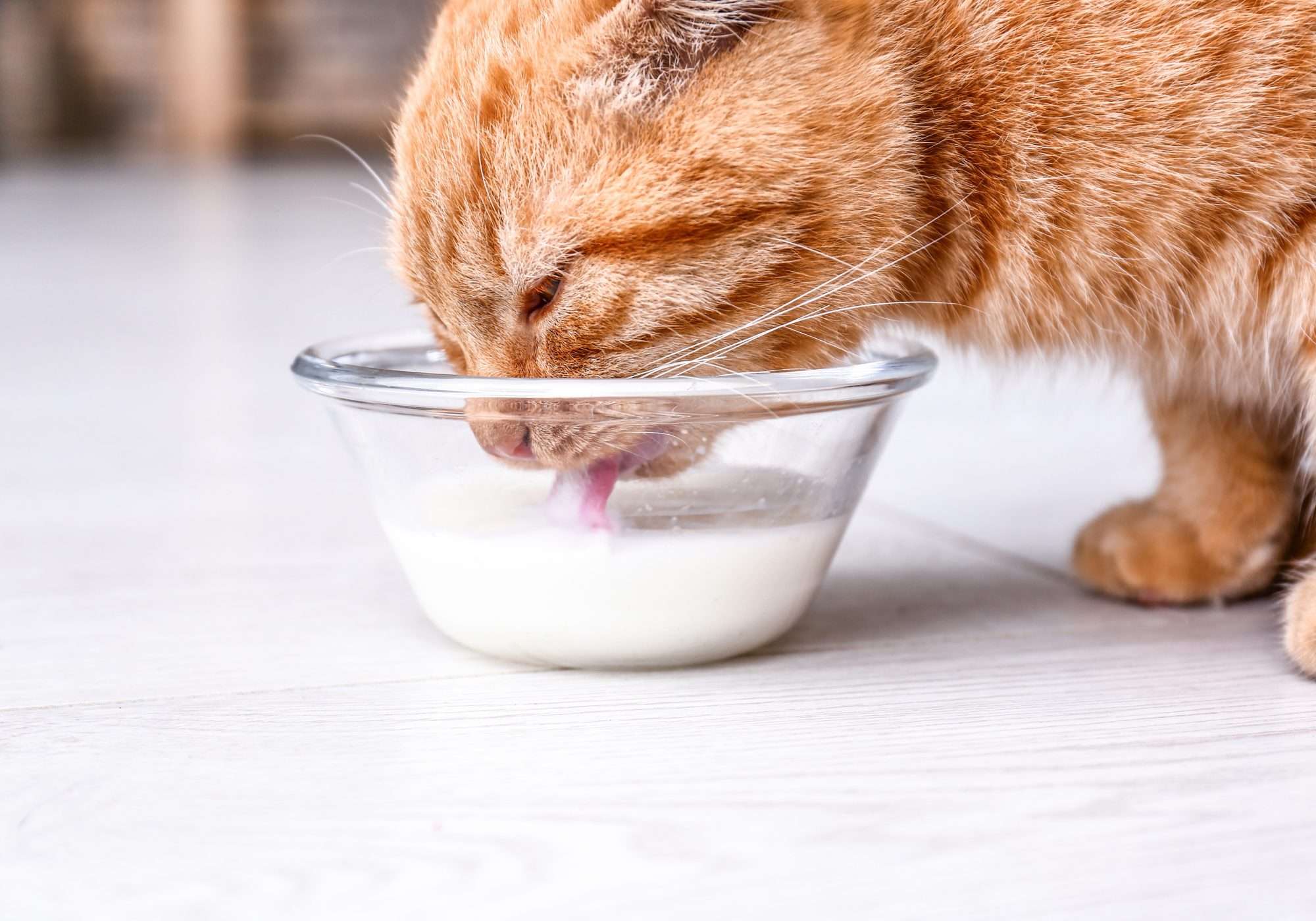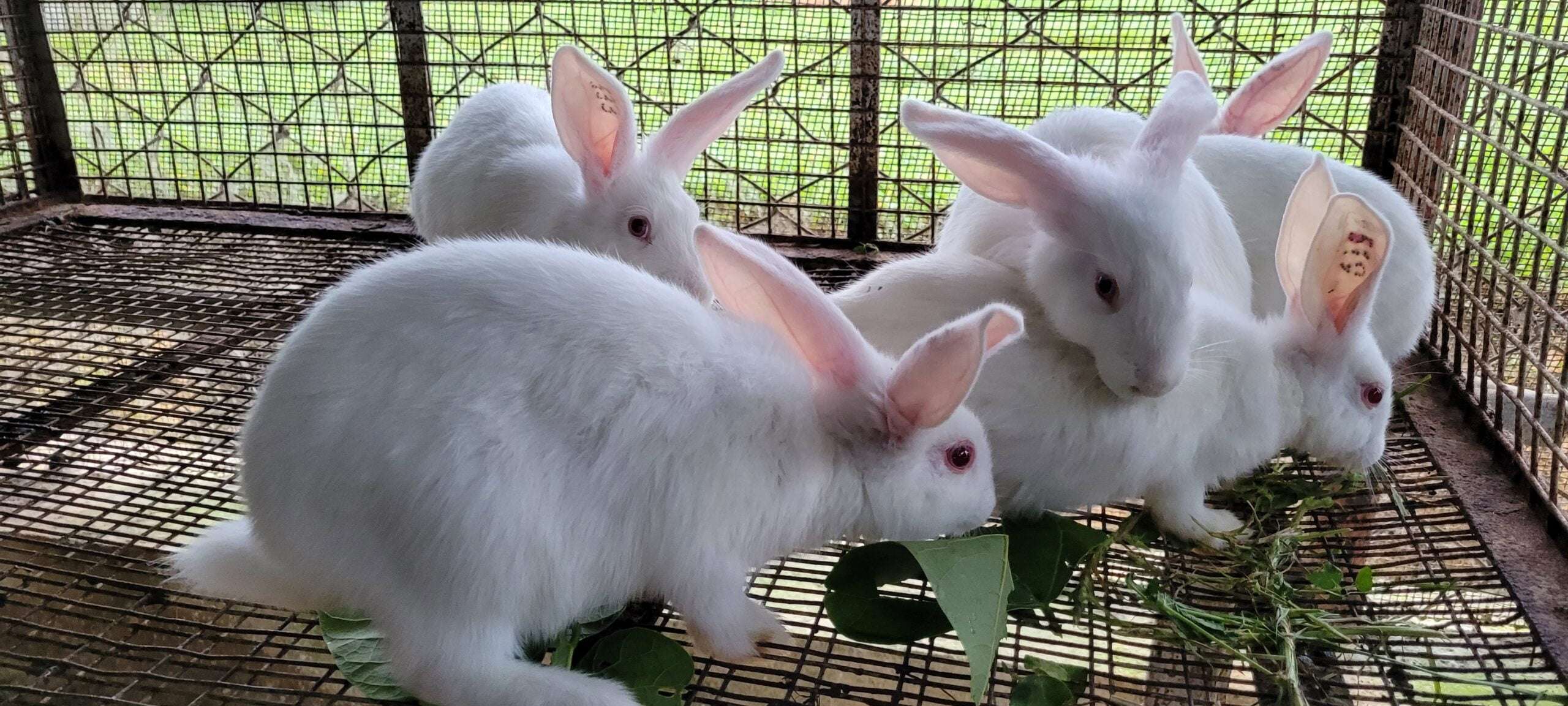Published in: July 2021 Edition
Many of us love puppies, especially children, who enjoy picking them up, cuddling, and playing with them. This brings joy to everyone around. However, the happiness is only lasting when a puppy is raised properly.
Beyond a pastime, raising a puppy offers significant benefits, especially for home security and garden protection. With this purpose in mind, let’s explore how to raise a puppy joining our household as a new member after leaving its mother, siblings, and birthplace.
Setting Up a Space for Your Puppy
Before bringing a puppy home, prepare a designated room or area for it. Keep electrical wires and devices out of its reach, preferably stored at a height. Unnecessary items should be kept in cabinets or closed rooms.
Toxic household items like rat poison, mosquito repellent, pesticides, and weed killers should be stored securely. If there are gaps or holes in any surrounding fence or barrier, fix them.
Supplies Needed for Raising a Puppy
When bringing a puppy home, dry its body with a soft towel and remove any visible parasites. If needed, give it a medicated bath.
Puppies like to chew on things as their teeth grow, so avoid plastic items and provide metal items instead, as they are durable, rust-free, and washable. Wherever possible, store the puppy’s items in a designated area.
Give your puppy a quiet, comfortable space with a soft bed, avoiding heat-retaining materials. Provide small toys for it to play with.
Since a puppy raised at home or in the garden will be playful, it’s wise to start with a collar and leash to get it accustomed early on. Teaching it simple words and calling it by a name helps build good behavior from a young age. Brush its fur weekly to prevent skin infections and hair loss.
Diet
Provide easily digestible foods such as milk rice, lentil rice, yogurt rice, bread with milk, or biscuits. Salt can be added, but avoid spicy food. Feed the puppy 5-6 small meals per day, as frequent, smaller meals are better for its digestion.
Avoid giving hard foods like bone pieces while the puppy’s teeth are still developing. After six months, you may introduce bones. Until then, provide well-cooked meat soup. Limit sweet foods, and avoid chocolate and cake.
You can also give de-seeded fruits or fruit juices if needed. Grapes and apple seeds are toxic for both dogs and cats, so avoid them.
Consult a nearby veterinarian to monitor the puppy’s health, administer deworming medicine, and keep vaccinations up to date for a healthy, happy pet.
Dr. M. Venkatesan, Dr. N. Premalatha, Department of Animal Medicine, Veterinary College, Orathanadu-614625.


